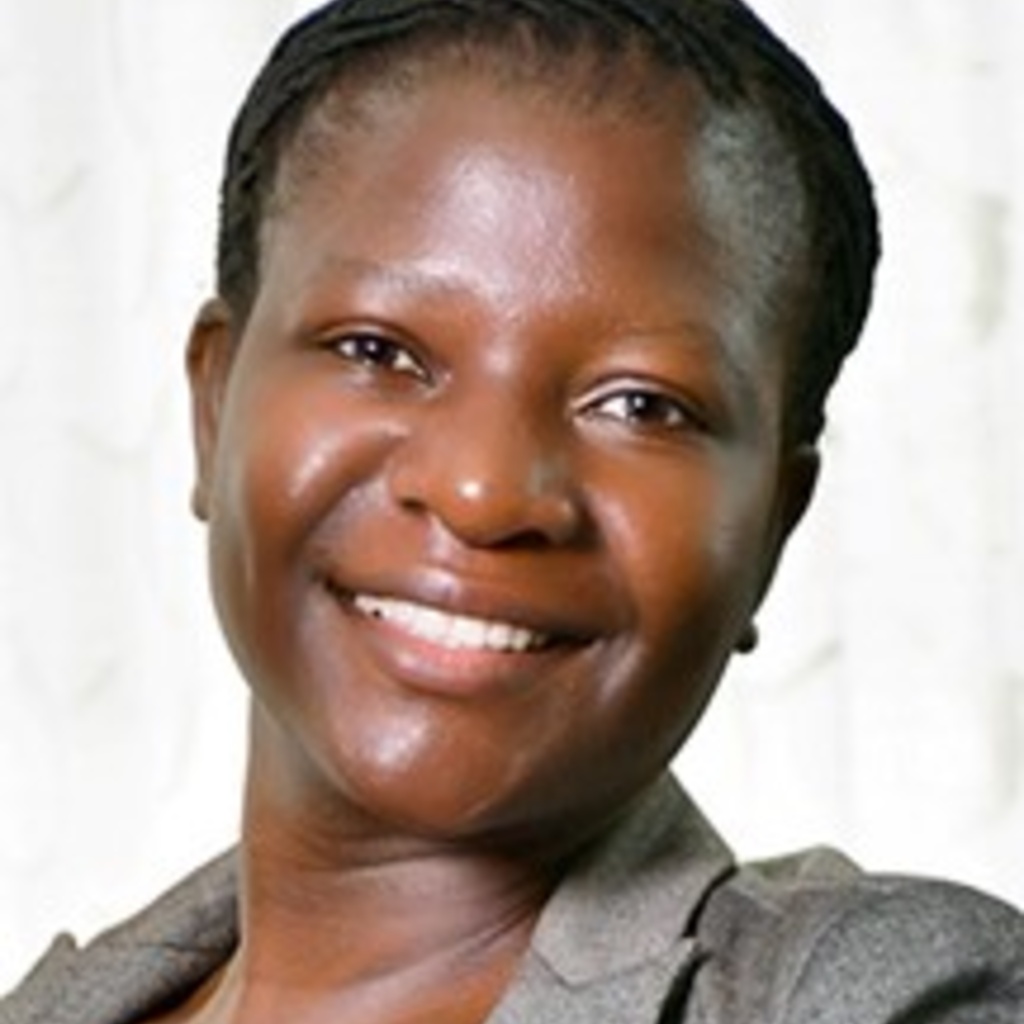Main navigation
Over 25 years of global excellence
Since 1999, the Institute for International Business has operated at Tippie College of Business, serving as a clearinghouse for all things international business education. We work hard to fulfill our mission of engaging University of Iowa students, faculty, and staff to act in a constructive, comprehensive, and collaborative manner in the global business environment. The IIB has held trainings, workshops, and other programs all around the world, maintaining connections to program alumni and businesses from over 70 countries. More than 200 of our IIB program alumni are past participants in the Mandela Washington Fellowship for Young African Leaders, a State Department-sponsored program that the IIB hosted for 9 summers. Read more about the Fellowship and many other past IIB programs below.
Training the Trainers - Entrepreneurship Training
The Western Saudi Arabia Venture School for Women is made possible through a partnership with the U.S. Consulate in Jeddah, the University of Iowa and Education for Employment. Watch this video to learn more about the Training of Trainers Entrepreneurship Program.
B.E.L. Initiative
The B.E.L. Initiative, planned in partnership with the American Chamber of Commerce in Haiti, the IIB, and the Georgia Haitian-American Chamber of Commerce, is an accelerator program that provides business development curriculum, mentorship, and networking opportunities for Haitian entrepreneurs. Its goal: transforming the economic landscape of Haiti.
During their stay, the Fellows participate in Venture School, cultural excursions, company visits, and networking events while immersing themselves in business development, international trade, and agribusiness.
Mandela Washington Fellowship at Iowa
At the University of Iowa, the Tippie College of Business serves as an Institute Partner, hosting a cohort of Fellows each summer for a six-week Leadership in Business Institute. Fellows engage in a dynamic curriculum that blends classroom instruction with hands-on experiences, site visits, cultural activities, and community engagement.
The Fellows’ presence in Iowa introduces global perspectives and sparks meaningful conversations around leadership, entrepreneurship, and community development. These interactions enrich the academic environment, strengthen Iowa’s connections to the international community, and inspire collaborative innovation that benefits both the campus and the broader Eastern Iowa community. By building lasting ties with local leaders, businesses, and organizations, the Fellowship elevates Iowa’s role on the global stage and reinforces the value of international partnership in shaping a stronger, more connected future.
The Mandela Washington Fellowship for Young African Leaders is the flagship program of the U.S. Government’s Young African Leaders Initiative (YALI). Since its launch in 2014, the Fellowship has brought nearly 7,200 emerging leaders from every country in Sub-Saharan Africa to the United States for academic study, leadership training, and networking opportunities. Fellows are between the ages of 25 and 35 and are selected based on their track record of driving positive change in their communities across sectors like business, government, civil society, and education.
For a ninth year, IIB and Iowa JPEC welcome 25 Mandela Washington Fellows from 21 Sub-Saharan African countries to the University of Iowa for the Leadership in Business Institute.
The Mandela Washington Fellowship is a program of the U.S. Department of State with funding provided by the U.S. Government and administered by IREX. The Institute of International Business (IIB) is a sub-grantee of IREX and has implemented Leadership Institutes as a part of the Fellowship since 2016. For more information about the Mandela Washington Fellowship, please visit the Fellowship's website.
Past Fellows
Program impact
49
7,200
87,000
2,400
Across the nation:
- 26 host universities this year
- 650 Fellows selected
University of Iowa program:
- 25 Fellows
- 10 women, 14 men
- 20 countries
Success stories

Dave Okech
Dave Okech, a 2016 Mandela Washington Fellow, is the Founder and CEO of Aquarech LTD in Kenya and the 2023 International Business Entrepreneurship Impact Award recipient. In this role, Okech has developed a technology-powered mobile app platform that helps to ensure high-quality feed and flexible payment solutions for local farmers. Through his efforts, Okech has significantly reduced overfishing, helping to promote responsible aquaculture practices. His leadership continues to inspire innovation and entrepreneurship across Africa and beyond.

Lucy Msukwa
After losing her mother to pregnancy complications, Lucy Msukwa—2022 Mandela Washington Fellow—developed a deep passion for supporting women in Malawi through midwifery and nursing. In 2019, she founded Uchembere Wabwino Maternity, which means “Safe Motherhood”. Her vision is to create and provide a safe place for delivery for pregnant women and reduce pregnancy related complications. The center operates 24/7, offering a range of services including labor and delivery care, cervical cancer screening, laboratory testing, and general healthcare consultations.

Patience Ziramba
Patience Ziramba, a 2022 Mandela Washington Fellow, is a visionary publishing consultant, entrepreneur, and award-winning editor dedicated to transforming the literary landscape in Zimbabwe and beyond. Under her leadership, Raincemba Publishing has produced over 20 early-learning children's books that align with Sustainable Development Goals (SDGs), focusing on education, gender equality, environmental awareness, and cultural heritage. These books have reached over 5,000 readers in underserved communities, filling a crucial gap in accessible and engaging literature for young learners.